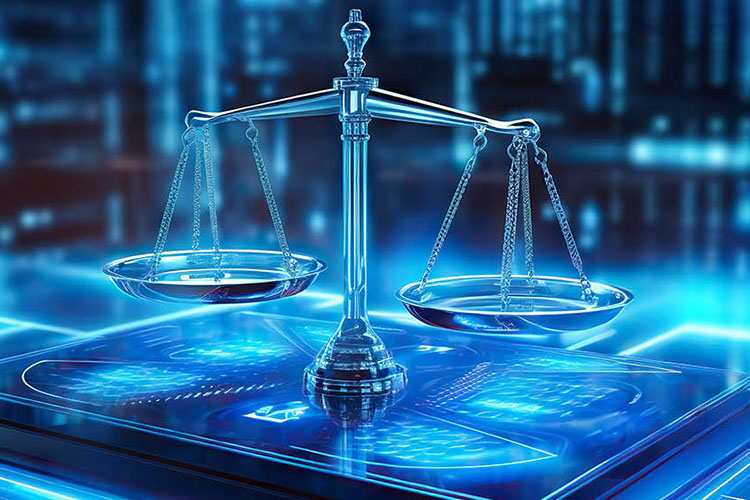
Solving for X: Exploring Data and AI Solutions for Justice Problems
Details
April 4, 2025
Type
Special Event
Areas
General
Location
Georgia Institute of Technology
Scheller College of Business, Room 202
800 W Peachtree St NW
Atlanta, GA 30308
Courts resolve disputes, interpret the law, protect rights, and decide on punishment. They are not designed to capture, collect, and process data or to experiment with the latest in AI technology. Yet leveraging advances in data science and AI could help fill innovation gaps and improve quality, efficiency, fairness, and access to justice.
This workshop will bring together researchers and AI developers from around the world who work with court data, along with judges, court administrators, and other legal system stakeholders and policymakers. The hope is that the workshop will lay the foundation for future collaborations and sketch out a shared research agenda focused on developing high-impact, real-world solutions to justice problems.